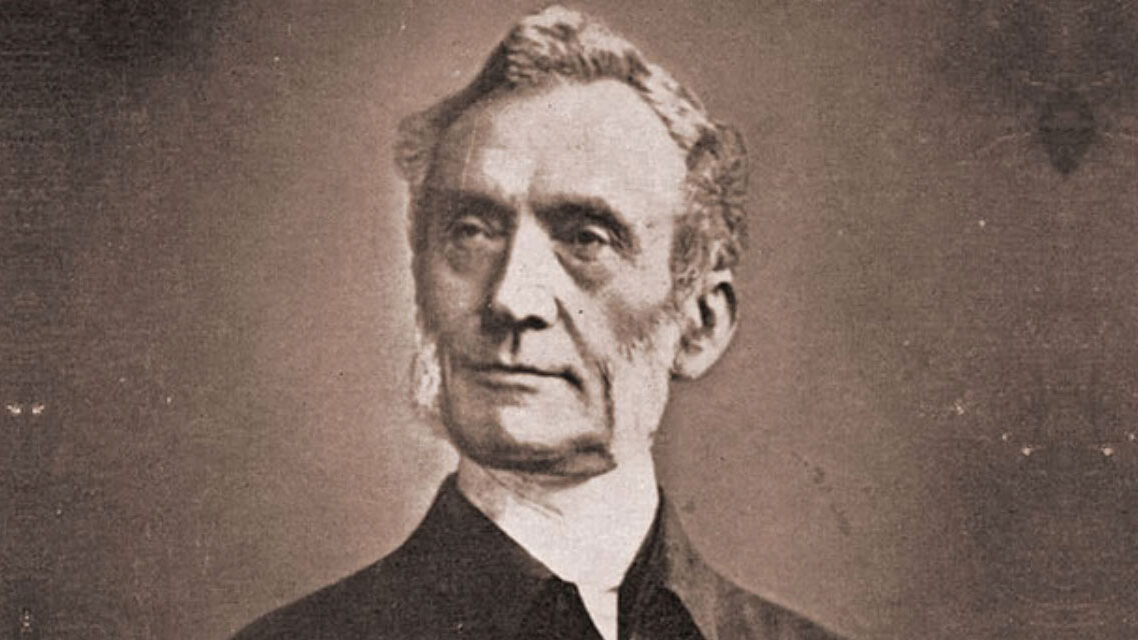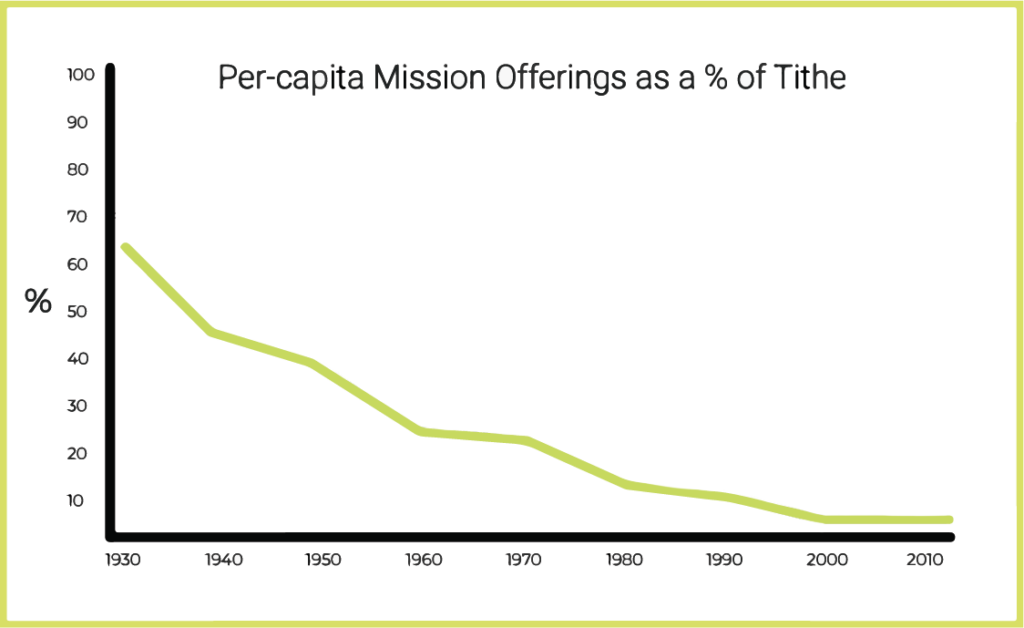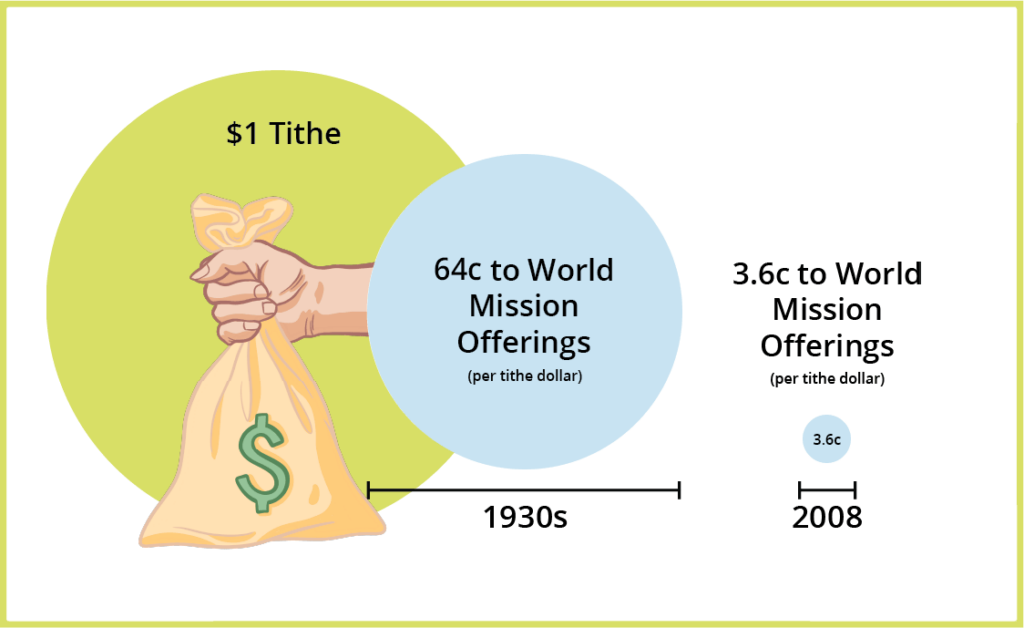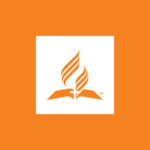


Who is Sister Betsy?
Hi folks, I’m Sister Betsy, the adrenalin-loving granny who thrives on extreme sports and living life to the full—just like Jesus said we should in John 10:10!
I often thank God for your faithfulness in supporting His work and I pray that He will bless you abundantly.
I also have a deep passion for supporting front-line mission work at home and around the world, so I want to help you to keep putting God First through the practice of systematic benevolence.
What is systematic benevolence? I’m so glad you asked!

Systematic Benevolence
Systematic benevolence (or “Sister Betsy”, as the Adventist pioneers affectionally called it) is a method of giving offerings that:
Is a faith-based response to God’s goodness and blessings to us.
Focuses on intentionally and systematically dedicating a % of income as offerings to God.
Helps support God’s front-line mission work at home and around the world.
Where did you come from, Sister Betsy?
My origins are way back in the Bible, and the biblical Sister Betsy model of proportional tithe and offerings was also promoted by early Adventist pioneers and other Christian leaders to help support God’s front-line gospel workers.
George Müller

“[Christians] have been depriving themselves of vast spiritual blessings, because they have not followed the principles of giving systematically, as God prospers them, according to a plan; not merely according to impulse, as moved by a missionary or charity sermon, but systematically and habitually giving on principle, as God enables them.”
– Address at Mildmay Park Conference, 1875
Ellen G. White

“This matter of giving should not be left to impulse. God has given us definite instructions in regards to this. He has specified tithes and offerings as the measure of our obligation, and he desires us to give regularly and systematically. After the tithe is set apart, gifts and offerings should be apportioned, ‘as God hath prospered you’ [1 Cor. 16:2].”
– The Review & Herald, May 9, 1893
So, is this concept from the 1800s still relevant today?
More than ever! And here’s why…
All mission activities, from local church outreach to massive initiatives like PNG 4 Christ where more than 300,000 people were baptised and made decisions for baptism, are made possible through our mission offerings. Thank you!

BUT
While local church offerings have been growing, mission offerings have been declining.
TRENDS IN GIVING TO MISSION AS A PERCENTAGE OF TITHE

Let’s look at that graph a different way:

In 1930, for every $10 that North American Adventists returned in tithe, they gave an additional $6.45 (64.5% of tithe) to mission offerings.
By 2008, that number had dropped to just 36 cents (3.6% of tithe), which is almost 18 times less than in the 1930s.
The data for places like Australia and New Zealand is only slightly better with mission offerings in 2021 equating to 4.8% of tithe.
For an in-depth look at our current giving trends, download the AU/NZ Offering Survey 2023.

Yes, this is a challenge.
So… what’s the solution?
We need to welcome back Sister Betsy. Let’s follow the Biblical method of thanking and worshipping God through our personal systematic and planned giving, and let God flow His blessings through us to support His mission at home and around the world.
Our Vision:
Putting God First.
Our Mission:
Accepting God’s invitation to trust Him as the Owner and Provider of all things, and to partner in His final gospel commission through regular and systematic, proportional giving.

Ready to get started?

Step One:
Prayerfully consider your current finances, and ask God to convict and direct you to give a percentage of your income/increase to the Sabbath School, Church and other Mission offerings each week.

Step Two:
Set up a scheduled system of giving so that your mission offerings to God through the church are planned and systematic across the whole year (one of the best offerings for directly supporting world mission is the weekly Sabbath School offering).

Step Three:
If you want to simplify your Sister Betsy giving, just download the eGiving app or visit the eGiving website and set up a ‘Scheduled Gift’. Watch the video below for how to do this.

Thank you for prayerfully considering joining me in setting aside a regular part of your income to systematically support God’s frontline mission.
—Sister Betsy
Frequently asked questions
Why do you do what you do, Sister Betsy?
I simply want to see people putting God first in their lives. I’m inviting people to trust God as the Owner and Provider of all things, and to partner in His final mission through regular and systematic giving to Him.
What does this look like in reality?
Well, all of us would give to God’s work gratefully, intentionally and systematically, not in expectation of God’s blessings, but as a love response to the blessings we have already received. We wouldn’t only be giving as donors or philanthropists, to help, sponsor or support something or someone just when we feel like giving, and nor would we yearn for any human recognition after we give. We would all be so in love with God and so excited about the Great Commission in Matthew 28:19-20 that we would sacrifice our time, talents and finances to see the work finished.
Do we give tithe and offering to God or to the church?
Great question! Giving is between you and God, not you and the church. Giving to the church is not a type of membership fee. Tithe and offerings are given to God through the church, not to the church to meet its needs. It’s all a love response to God, and He asks us to show our love by giving to Him and His work through His church.
What’s the difference between systematic benevolence (Sister Betsy) and returning tithe?
Tithing is actually part of Sister Betsy because it’s a systematic and planned method of returning income to God that is proportionate to our income (10% of all our increase).
How do I calculate how much I should be giving to God in church offerings?
The Bible teaches that our offerings should be a systematic and planned method of giving that is proportionate to our income, but unlike tithe’s 10%, it allows us to personally set the proportion/percentage. The Biblical offerings principle is that we are to give “in keeping with your income” and that our offerings are to be given with a cheerful, grateful heart. (Deuteronomy 16:17; 1 Corinthians 16:2; 2 Corinthians 8:12; 2 Corinthians 9:7)
How often should I be calculating and giving to God’s church offerings?
There’s no set interval for how often you should stop and calculate the percentage of your income that you will give to offerings. Many people choose to put time aside at the start of each year to prayerfully consider whether their offerings in the year ahead will be 2%, 5%, 10% or more of their income. They then calculate how much this equates to per week and set up a scheduled, weekly offering system, either as cash offerings or via eGiving.
I already give to God’s local church or mission causes, how is Sister Betsy different?
Sister Betsy can include other giving, but it is more focused on encouraging systematic benevolence through the returning of a faithful tithe and generous offerings for the mission of the local, regional and worldwide Seventh-day Adventist Church—see Acts 1:8 for the missional model. Other special offerings and donations can be given, but they should not replace your regular and systematic personal offering plan through your local church.
Do people ever accuse you of “always asking for money”?
Ha! Yes, sometimes they do, but that’s okay. I just love Jesus, and in Acts 20:35 Jesus told us that, “It is more blessed to give than to receive”—and I believe it. When people are truly grateful for what God has done for them, and given to them, they don’t mind me letting them know about opportunities to be a blessing by using God’s beautiful principles of giving. Here’s a paragraph from one of my favourite authors that really encourages me:
“Systematic benevolence should not be made systematic compulsion. It is freewill offerings that are acceptable to God. True Christian benevolence springs from the principle of grateful love. Love to Christ cannot exist without corresponding love to those whom He came into the world to redeem. Love to Christ must be the ruling principle of the being, controlling all the emotions and directing all the energies. Redeeming love should awaken all the tender affection and self-sacrificing devotion that can possibly exist in the heart of man. When this is the case, no heart-stirring appeals will be needed to break through their selfishness and awaken their dormant sympathies, to call forth benevolent offerings for the precious cause of truth.” Ellen G. White, Testimonies Vol. 3, p.396
And here’s another powerful appeal:
“Some may say, ‘We are being drawn upon continually for means. Will there be no end to these calls?’ We hope not, so long as there are in our world souls perishing for the bread of life. Until all has been done that you can do to save the lost, we ask you not to become weary of our repeated calls. Many have not yet done that which they might do; that which God will enable them to do if they will consecrate themselves unreservedly to him.” Ellen G. White, The Gospel Herald, June 1, 1908
Thanks Sister Betsy, where can I learn more about you?
It’s been a pleasure, here’s a couple of articles to get you started:
A History of Systematic Benevolence and Tithing
Regular and Systematic Offerings

Want to learn more?
Read this summary article on the Biblical and Spirit of Prophecy guidance:


